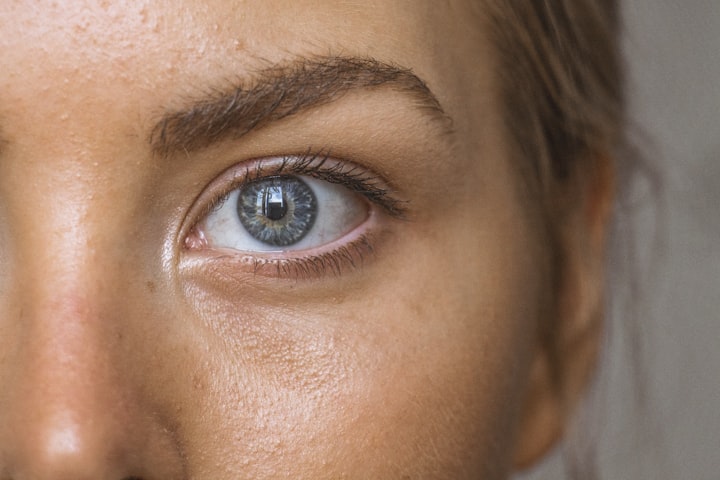How to care for your skin?
Take good care of your facial skin

Skin blemishes caused by the sun can be the result of several factors, such as prolonged exposure to ultraviolet (UV) rays without adequate protection, family history, skin type, and age. These spots may include freckles, sun lentigines (dark spots), melasma, or other dermatological conditions.
If you are concerned about a specific spot on your skin, I recommend that you consult a dermatologist or a specialized physician. They will be able to evaluate your condition and provide an accurate diagnosis, and recommend appropriate treatment if necessary. It is important to remember to always use sunscreen daily and to avoid excessive sun exposure, especially during peak UV radiation times.
Taking care of your skin is important to keep it healthy and looking radiant. Here are some general tips for skin care:
1 - Cleansing: Wash your face twice a day with a mild cleanser that is appropriate for your skin type. Avoid using bar soaps, which can dry out the skin. Do not scrub vigorously and pat your skin dry with a clean towel.
2 - Moisturizing: Apply a moisturizer appropriate to your skin type to keep it hydrated. This helps prevent dryness, flaking, and premature wrinkles. Use products with ingredients such as hyaluronic acid or glycerin, which retain moisture in the skin.
3 - Sun protection: Use sunscreen every day, even on cloudy days. Choose a broad-spectrum sunscreen with the appropriate SPF for your skin type and apply it generously. Reapply every 2 hours, or more often if you are sweating or swimming.
4 - Healthy eating: Eat a balanced diet rich in fruits, vegetables, whole grains, and lean protein. Foods rich in antioxidants, such as berries and green leafy vegetables, can help keep skin healthy.
5 - Internal hydration: Drink plenty of water to keep your body and skin hydrated. Adequate water intake contributes to healthier skin and helps eliminate toxins.
6 - Avoid smoking and excessive alcohol consumption: Smoking and excessive alcohol consumption can negatively affect skin health, causing wrinkles, premature aging, and other dermatological conditions.
7 - Get enough sleep: Getting a good night's sleep is essential for healthy skin. During sleep, the body recovers and regenerates, including the skin.
Besides these general tips, it is important to remember that each person has a specific skin type and needs. Consulting a dermatologist is recommended for personalized advice and to treat specific conditions such as acne, sensitivity, or other skin problems. Red spots on the skin can have many causes and it is important to get a proper diagnosis from a healthcare professional to determine the exact cause and appropriate treatment. However, here are some possible causes of red patches on the skin.
Contact dermatitis: This is an allergic or irritant reaction caused by contact with substances such as chemicals, cosmetics, poisonous plants, fabrics, or metals. The red spots may be accompanied by itching, swelling, or blisters.
Urticaria: This is an allergic reaction that causes red patches on the skin, usually accompanied by intense itching. It can be triggered by food, medication, insect bites, or other allergens. Rosacea: This is a chronic skin condition that causes redness and patches on the face, often accompanied by dilated blood vessels, swelling, and tenderness.
Eczema: Also known as atopic dermatitis, this is an inflammatory skin condition that can cause red patches, itching, scaling, and even sores. Psoriasis: This is a chronic skin disease characterized by thick, scaling, itchy red patches. It can affect various parts of the body, including the scalp, elbows, knees, and back.
Skin Infections: Certain infections, such as impetigo, staphylococcal rash, or ringworm, can cause red patches on the skin. These are just some of the possible causes of red patches on the skin. It is important to consult a dermatologist or a specialized doctor to get an accurate diagnosis. They can evaluate your condition, ask questions about your symptoms, medical history, and perform tests if necessary to identify the cause and prescribe appropriate treatment.
About the Creator
Ricardo de Moura Pereira
I love to read writing and watch many documentaries in history, to have more knowledge in all science.
I work with digital marketing, and create articles for newspapers and marketing content.






Comments
There are no comments for this story
Be the first to respond and start the conversation.